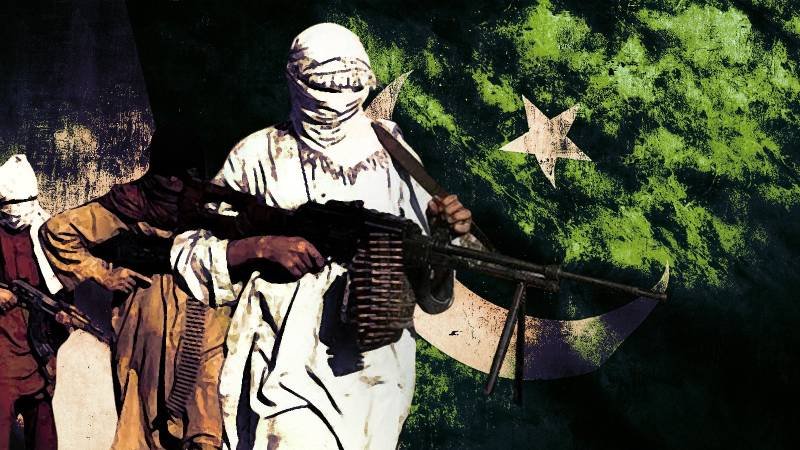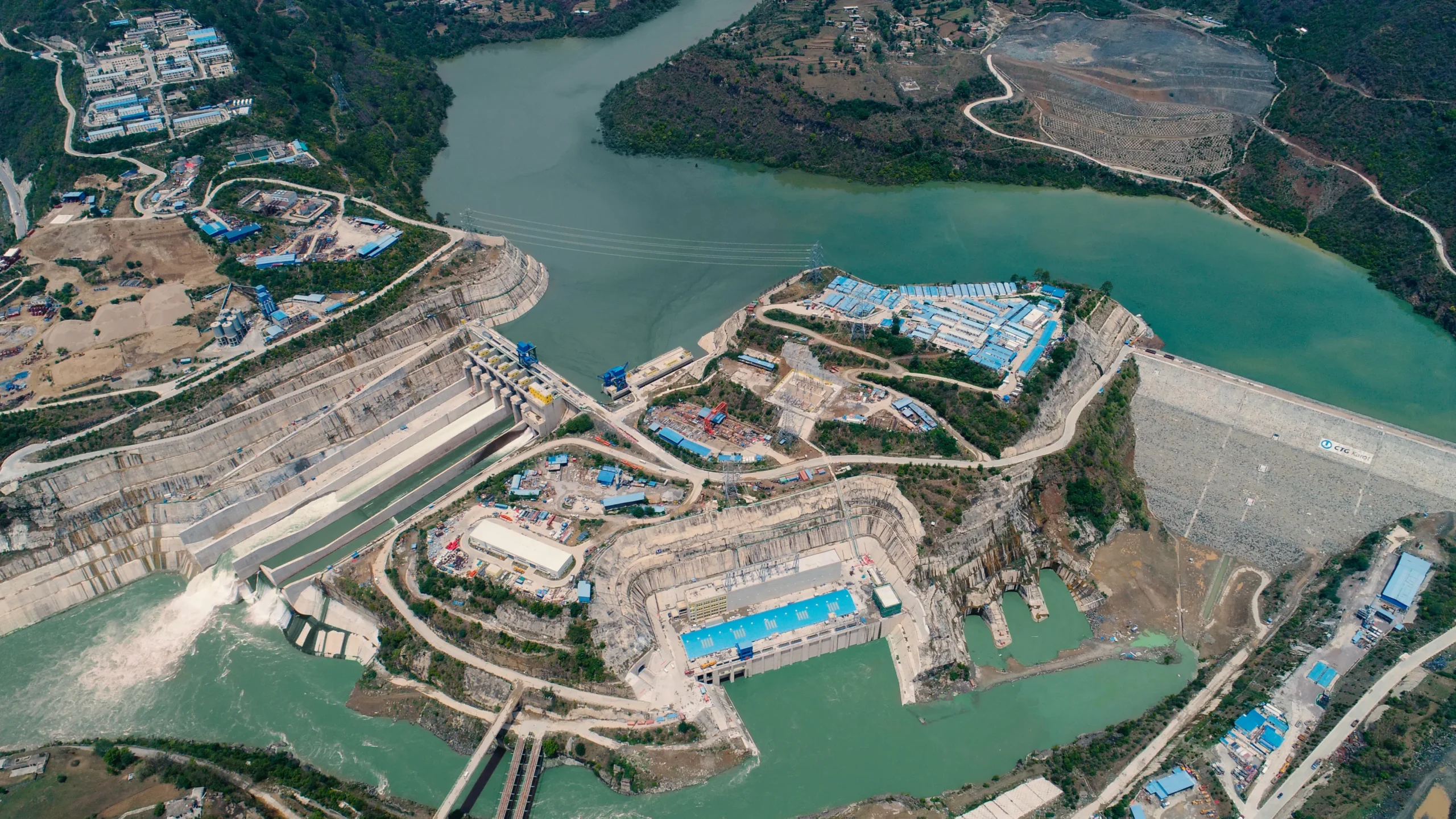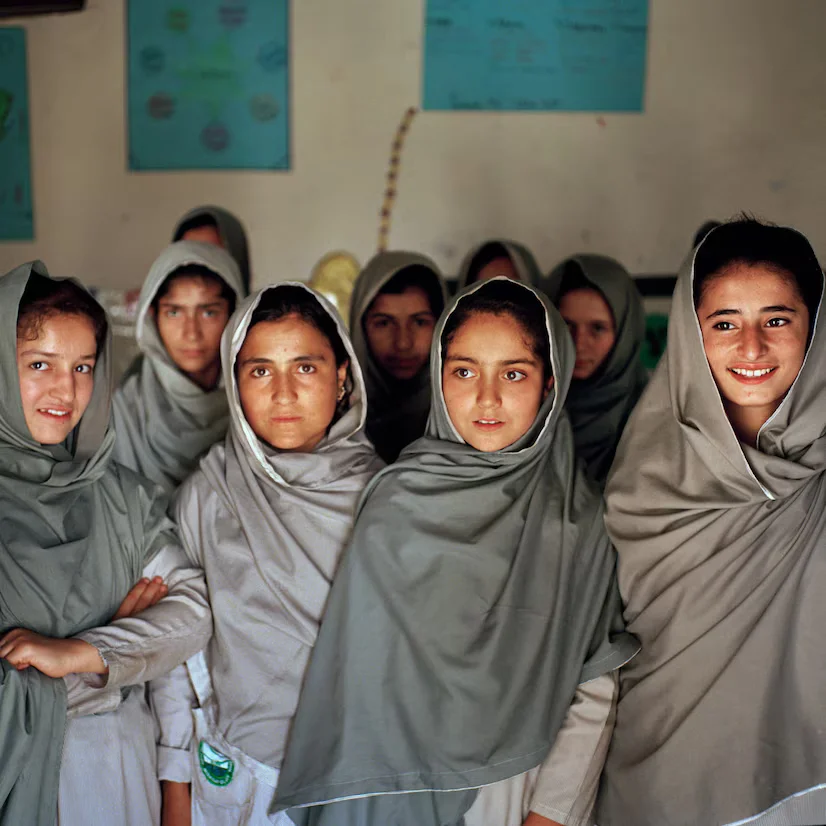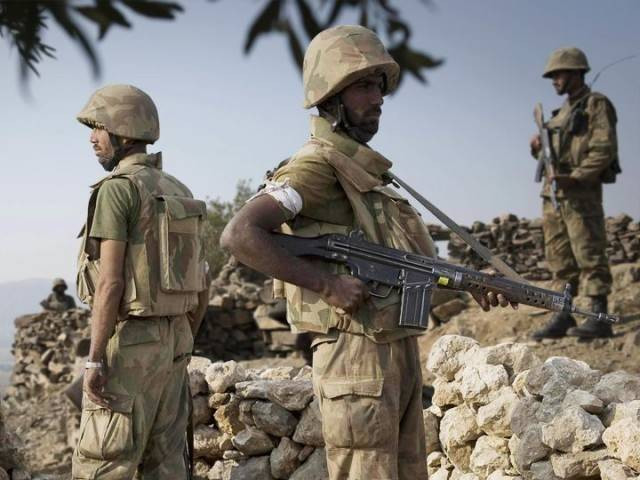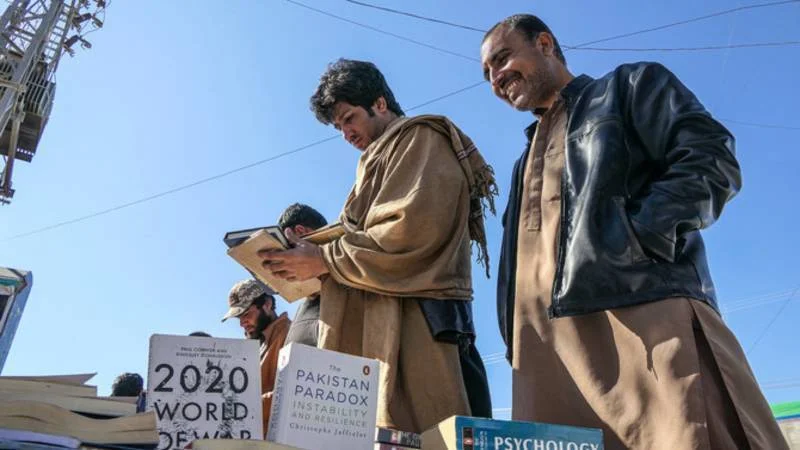Back when the US was fighting its most dreadful nightmare – Al-Qaeda, on Afghan soil, a tribe in the far western mountains of the Waziristan region of Pakistan was being cradled and nurtured for years to come. In the name of ‘Jihad-e-Pakistan,’ Al-Qaeda’s father, Ayman Al-Zawahiri, sent one of his aides to Pakistan. The Egyptian, Sheikh Essa, radicalized the Mehsud Tribe of Waziristan, sowing the first seeds of what came to be known as the Tehrik-e-Taliban, Pakistan (TTP). This group which emerged from Waziristan turned out to be one of the biggest challenges on Pakistan’s threat matrix, costing the country not just enormous military costs but also instability and chaos.
Talks in the Past
There is a history to the efforts initiated to make peace with the TTP. Calls for peace talks did not always come from Pakistan but TTP also took the lead in this matter; for instance, December 2012, that led to intense debate in Pakistan’s policy circles, and APCs were called to decide whether or not the then government should enter into peace talks and peace settlement with the TTP. This gave way to an eight-month-long peace process to no benefit except for a forty days ceasefire.
At the end of June 2014, TTP launched its summer offensive. The attack, a gun battle more precisely, on 8th and 9th June 2014 at Karachi’s Jinnah airport was the point of saturation and Pakistan’s defense forces launched a full-scale military operation against the TTP hideouts in North Waziristan on 14th June. This retaliatory military offensive – Zarb-e-Azb, helped curb the activities of TTP. This episode makes just one example of a failed conciliatory initiative.
Prior to this, four peace agreements were made with the TTP, all of which failed to restore peace and restrain the terrorist activities of this group.
TTP’s Shifting Strategy
The reasons why peace agreements between Pakistan and the TTP failed to deliver desired results are complex.
But a fighting faction that TTP is, it is often speculated that it buys the truce time to re-group and re-emerge. Many trace TTP’s inability to stick to truce and peace terms to its ideological genesis.
But lately, since the fall of Kabul in August 2021, a shift in the strategy and alliances of TTP has nullified that argument.
TTP even made alliances with such factions that do not align with its initial ideological spectrum.
Since August 2021, a spike in the activities and attacks on the security forces of Pakistan in the western belt has caused the resurgence of TTP that was largely dormant since Radd-ul-Fasaad was launched in February 2017. This resurgence is happening under the very pragmatic leadership of Noor Wali Mehsud – who is expanding TTP’s support base beyond its religious ideologue. He has remained very successful in tactfully exploiting Pashtun identity and has very explicitly expressed support for PTM in his book, Inquilab-e-Mehsud.
This is the paradigm shift the TTP is going through – a subtle alliance with the cause of Pashtun identity overstepping the implementation of Shariah the TTP has historically stood for.
Pakistan, Afghanistan, and the Peace Talks
Pakistan’s cooperation with the Interim Government of Afghanistan since August 2021 paved the way for Afghanistan-mediated latest round of peace talks between Pakistan and TTP, in May 2022.
The tribal elders of the erstwhile FATA region are also actively taking part in facilitating these peace negotiations.
So far, the negotiations have brought forward an announcement of a ceasefire by the TTP for an indefinite amount of time.
Influential Ulema, such as Mufti Taqi Usmani, have also been engaged in the process which speaks of the seriousness of Pakistan regarding these negotiations.
In the wake of these talks, speculations around the impact of the negotiations over the status of the FATA region have also surfaced.
Reports have been suggesting that Pakistan is giving in to the demands of the TTP and may compromise on the said region.
In this situation, Iftikhar Firdous – a renowned and credible journalist — shared his opinion saying: “The reality is that Nizam-e-Adl is already implemented in Malakand, ADR is already implemented in tribal districts and the military has been moved to newly-built cantonments… There is nothing unusual in the things that have been agreed.”
History stands as a witness that all conflicts end on table.
Pakistan, in its efforts to negotiate with the TTP, has to move with caution because these peace talks are not with another country but an illegitimate banned militant outfit. At no point can Pakistan afford to make a move that may grant any legitimacy to the TTP. This is both a challenge and an opportunity for Pakistan.
As for the latter, these peace talks may turn out to be a precedent-broker, and right when Afghanistan’s and Pakistan’s interests align and converge, the time is ripe for bringing a decisive and conclusive end to a coordinated peace effort with the TTP.
The article is originally published by Daily Times. The views expressed in this article are the author’s own and do not necessarily reflect the editorial policy of the South Asia Times.

